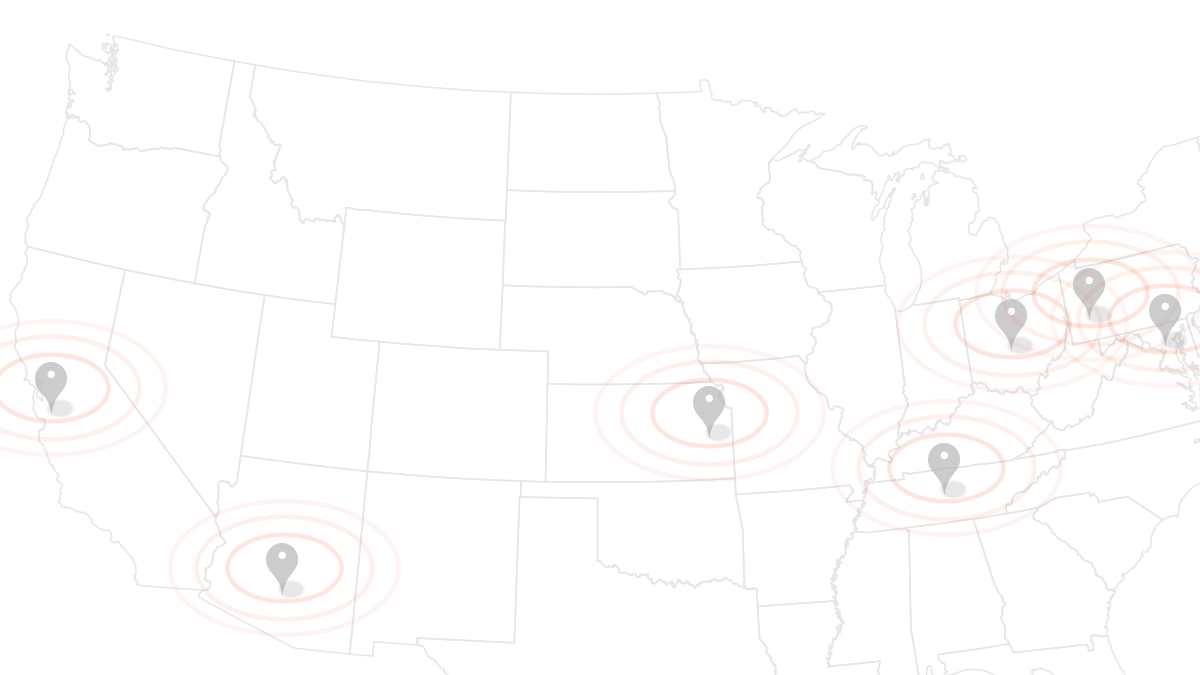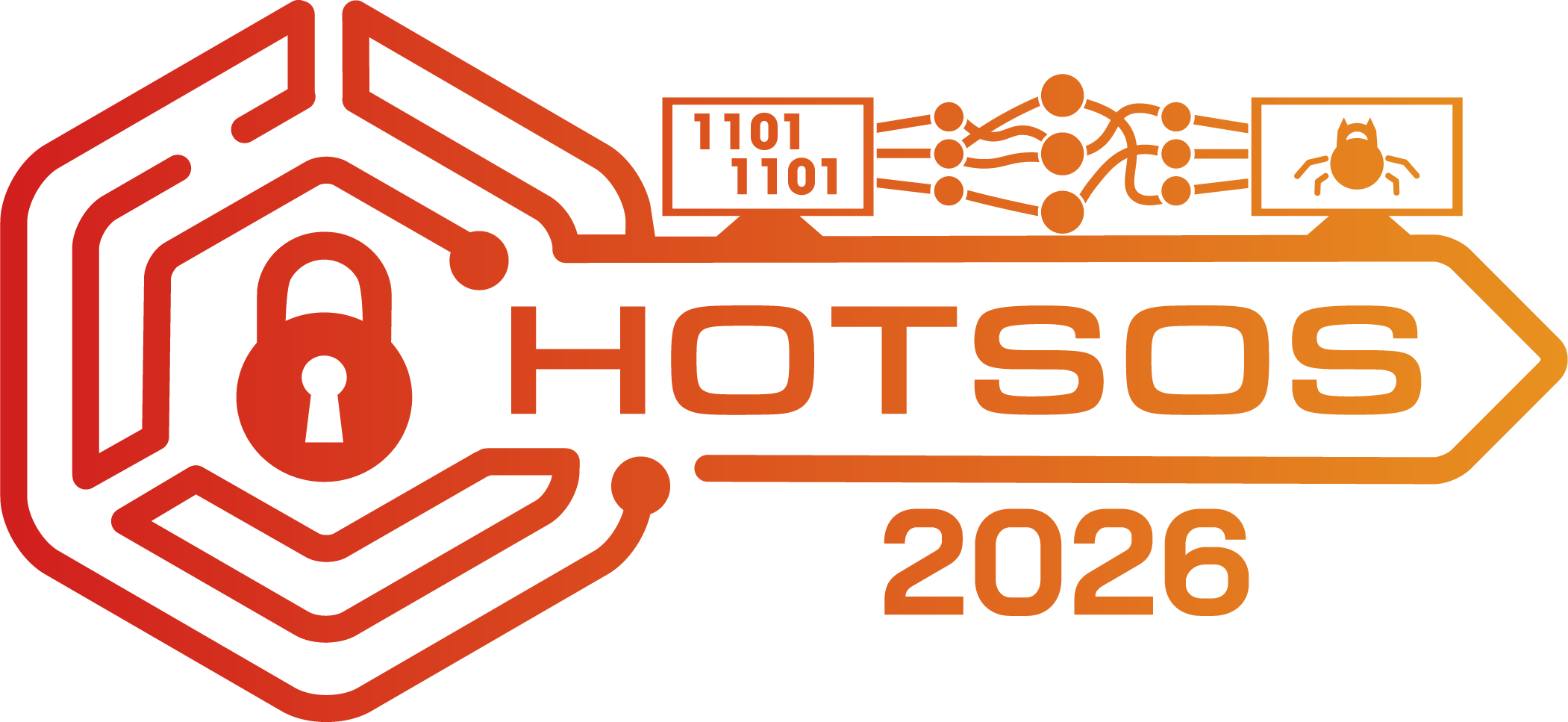Situated Information Flow Theory
ABSTRACT
 A key component of recent privacy rules is restriction on the flows of personal information or data based on information categories. This tendency conflicts with the fact that data’s meaning is not stable but depends on how it was formed and with what other information it is combined. These properties of information challenge naive intuitions that information ‘flows’ like a fluid, such as water or oil. Rather, we build on on Dretske, Pearl, and Nissenbaum to develop situated information flow theory (SIFT): a view of information flows as causal flows with nomic associations due to a larger context of causal relations. The semantics of situated information flow are precise within the statistical framework of Bayesian networks. We argue this understanding of information flow has three policy implications. (1) Restrictions on data transfers are more precise and enforceable than restrictions on information flow. (2) Information ‘categories’ or meanings must be defined relative to a particular class of observers and take into account their reasonable background information. (3) The semantics of data are ambiguous when there is uncertainty about causal structure, and this structure is learned from data aggregation. Hence, the information asymmetry between data aggregators and individual data subjects are one reason why data processors are ‘opaque’ and difficult to regulate.
A key component of recent privacy rules is restriction on the flows of personal information or data based on information categories. This tendency conflicts with the fact that data’s meaning is not stable but depends on how it was formed and with what other information it is combined. These properties of information challenge naive intuitions that information ‘flows’ like a fluid, such as water or oil. Rather, we build on on Dretske, Pearl, and Nissenbaum to develop situated information flow theory (SIFT): a view of information flows as causal flows with nomic associations due to a larger context of causal relations. The semantics of situated information flow are precise within the statistical framework of Bayesian networks. We argue this understanding of information flow has three policy implications. (1) Restrictions on data transfers are more precise and enforceable than restrictions on information flow. (2) Information ‘categories’ or meanings must be defined relative to a particular class of observers and take into account their reasonable background information. (3) The semantics of data are ambiguous when there is uncertainty about causal structure, and this structure is learned from data aggregation. Hence, the information asymmetry between data aggregators and individual data subjects are one reason why data processors are ‘opaque’ and difficult to regulate.
Dr. Sebastian Benthall works at the intersection of computer science, economics, law, and philosophy. He is a Research Scholar at NYU's Information Law Institute and Center for Cybersecurity. Before becoming a scientist, Sebastian managed the development of spatial data infrastructure for global coordination around disaster risk reduction.

